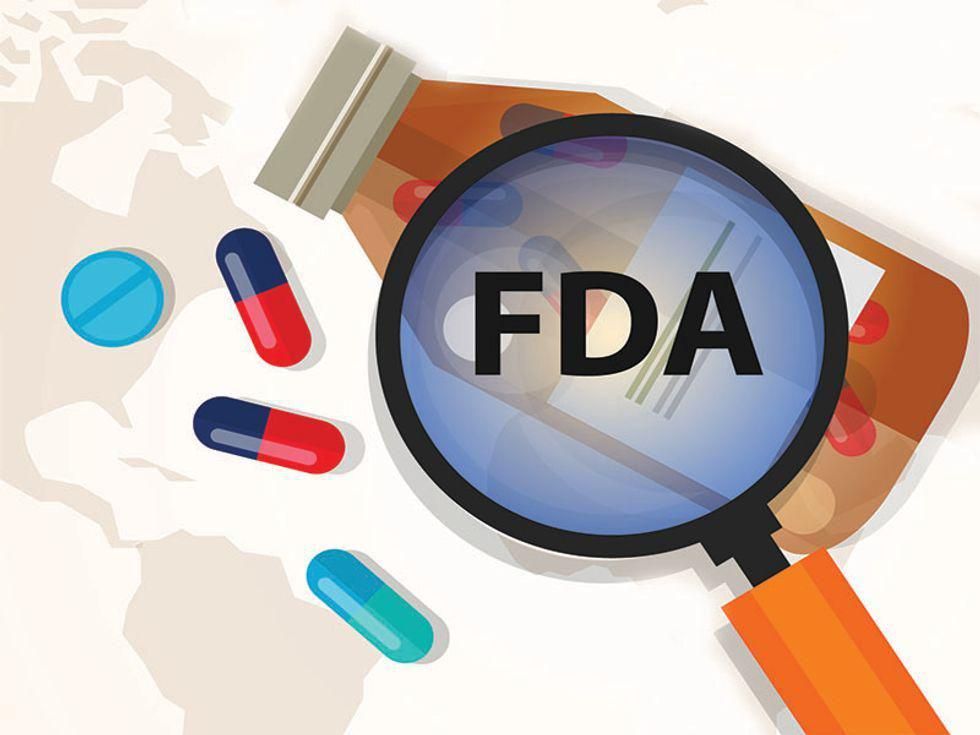
ADHD medications might help lessen the risk of suicide in children with serious behavioral issues, a new study suggests. Researchers found that medications like Ritalin and Adderall, commonly prescribed for attention-deficit/hyperactivity disorder (ADHD), were linked to a lower risk of suicidal behavior among 9- and 10-year-olds with substantial “externalizing” symptoms. That included children with high… read on > read on >






























